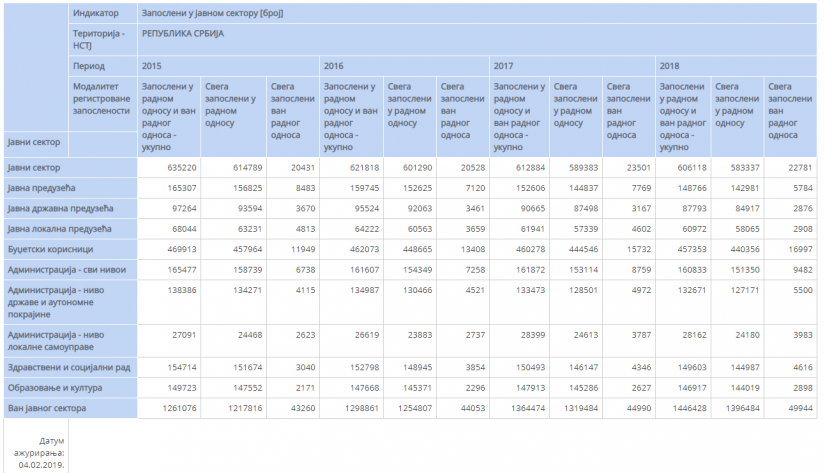It is immediately obvious that in a country like France, where the executive power commands an army of officials numbering more than half a million individuals and therefore constantly maintains an immense mass of interests and livelihoods in the most absolute dependence; where the state enmeshes, controls, regulates, superintends, and tutors civil society from its most comprehensive manifestations of life down to its most insignificant stirrings, from its most general modes of being to the private existence of individuals; where through the most extraordinary centralization this parasitic body acquires a ubiquity, an omniscience, a capacity for accelerated mobility, and an elasticity which finds a counterpart only in the helpless dependence, the loose shapelessness of the actual body politic — it is obvious that in such a country the National Assembly forfeits all real influence when it loses command of the ministerial posts, if it does not at the same time simplify the administration of thestate, reduce the army of officials as far as possible, and, finally, let civil society and public opinion create organs of their own, independent of the governmental power.
But it is precisely with the maintenance of that extensive state machine in its numerous ramifications that the material interests of the French bourgeoisie are interwoven in the closest fashion. Here it finds posts for its surplus population and makes up in the form of state salaries for what it cannot pocket in the form of profit, interest, rents, and honorariums. On the other hand, its political interests compelled it to increase daily the repressive measures and therefore the resources and the personnel of the state power, while at the same time it had to wage an uninterrupted war against public opinion and mistrustfully mutilate, cripple, the independent organs of the social movement, where it did not succeed in amputating them entirely. Thus the French bourgeoisie was compelled by its class position to annihilate, on the one hand, the vital conditions of all parliamentary power, and therefore, likewise, of its own, and to render irresistible, on the other hand, the executive power hostile to it.




 by Erős Pista Sun Apr 25, 2021 12:30 pm
by Erős Pista Sun Apr 25, 2021 12:30 pm

